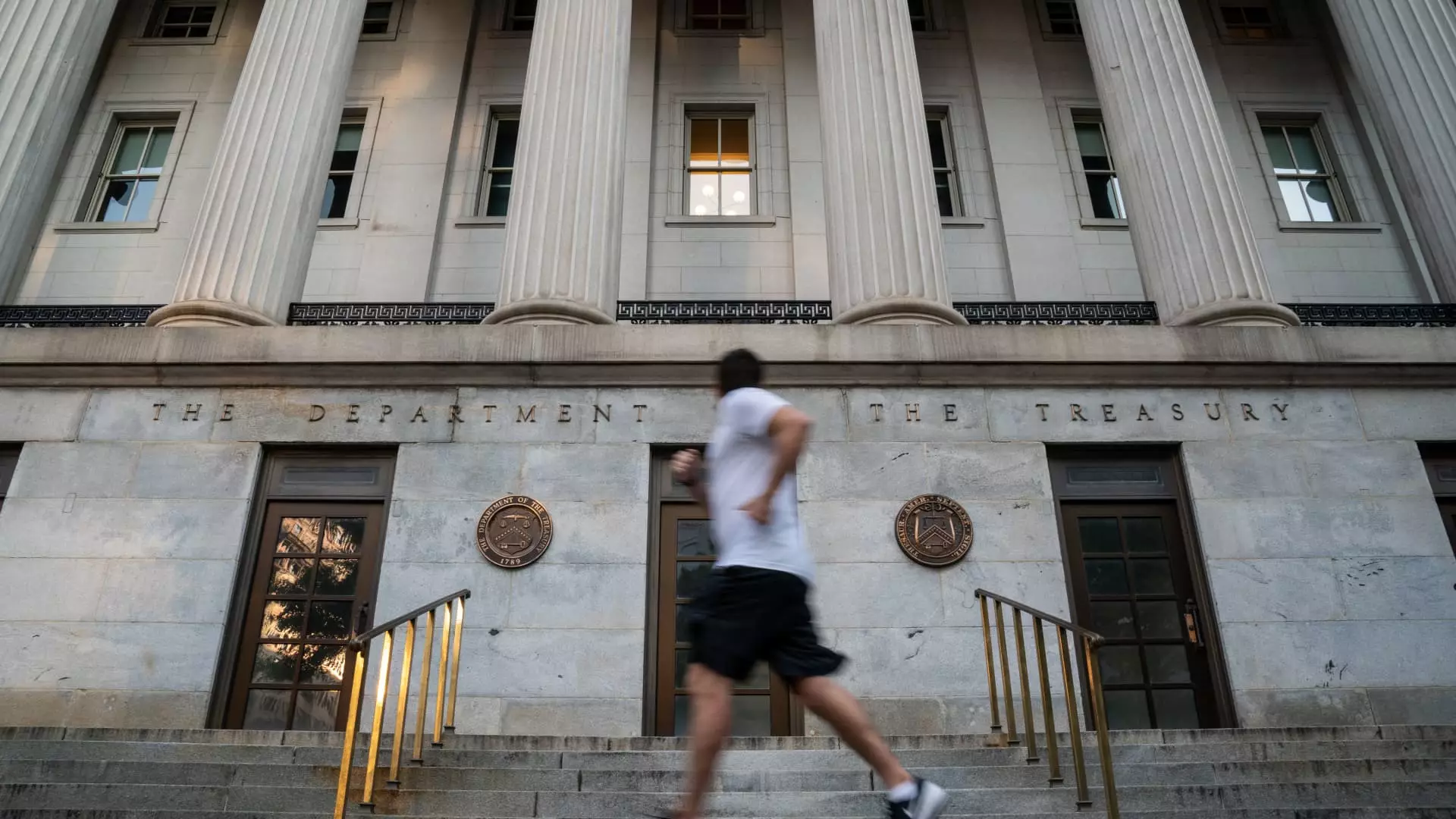The Corporate Transparency Act, introduced to enhance the transparency surrounding ownership structures of U.S. small businesses, was a much-needed movement towards eliminating the murky waters of illicit finance. Yet, in a shocking twist that undermines its very purpose, the U.S. Department of Treasury has decided to abolish the reporting requirements for most U.S. businesses concerning their ownership. What was once a regulatory framework aiming to expose the hidden hands behind shell companies is now reduced to a half-hearted initiative that fails to hold anyone accountable. However, what seems to be a step back for transparency exposes deeper flaws within the political system—flaws that prioritize bureaucratic easing over meaningful accountability in combating corruption.
Loophole Bonanza: A Safe Haven for Criminal Activities
With this recent move by the Financial Crimes Enforcement Network (FinCEN), we see a substantial reduction in the number of companies required to report ownership details—from an estimated 32.6 million down to a mere 20,000. This dramatic cut is akin to giving criminals a free pass to operate under the cloak of legitimacy. Legal experts assert that this drastic change creates glaring loopholes. Erin Bryan, a partner at Dorsey & Whitney, aptly warns that the situation is a “watered-down” version of what was intended to safeguard the economy from money laundering. Stripping the requirement for domestic entities to disclose their beneficial owners is tantamount to turning a blind eye on those criminals looking to exploit the U.S. financial system.
International Comparisons: Falling Behind the Global Standard
This policy decision positions the United States as increasingly out of touch with international standards for corporate transparency. Most Western nations have already established stringent reporting requirements that make it significantly harder for illicit financiers to operate undetected. The easing of requirements in the U.S. not only places its businesses at risk but sends a confusing message to global partners. America, once the bastion of regulatory frameworks aimed at fostering economic integrity, now resembles a dilapidated structure riddled with openings for wrongdoing. The abject failure of the U.S. Treasury to maintain even a moderate level of regulatory oversight hints at a declining commitment to the global fight against corruption.
Political Underpinnings and Deregulation: A Dangerous Precedent
At the heart of this policy change lies a political ideology championed by the Trump administration—a deregulation directive that seeks to maximize business freedom at the expense of accountability. Andrea Gacki, the current FinCEN director, alluded to these priorities by asserting that participants must weigh the benefits of ownership information against the regulatory burdens of compliance. This philosophy clearly reflects a misguided belief that less regulation inherently yields more freedom and innovation. However, it is also a dangerous mindset that implies the negative implications of corruption are secondary to the ease of doing business. Rather than pursuing transparency for the sake of safeguarding financial integrity, this approach dangerously prioritizes profits over principles.
A Call for Essential Accountability
While proponents of this deregulatory move may argue for reduced burden on small businesses, it is imperative to recognize that true accountability doesn’t solely lie in compliance but in the integrity of our systems. As voices like Scott Greytak from Transparency International suggest, this interim rule allows for companies to evade detection and prioritize personal gain over systemic strength. The risks of diluted accountability in the financial realm extend far beyond the immediate implications; they threaten national security and economic stability. By allowing shell companies to proliferate unmonitored, America beautifies its reputation as a global haven for untraceable capital, undermining the very essence of democracy.
The shift in reporting requirements reflects an alarming trend in U.S. policymaking, one that challenges the foundational principles of accountability while fostering an environment ripe for corruption. In the digital age where transparency and accountability are more achievable than ever, holding onto outdated bureaucratic standards only serves to harm the democratic integrity we strive to protect.

